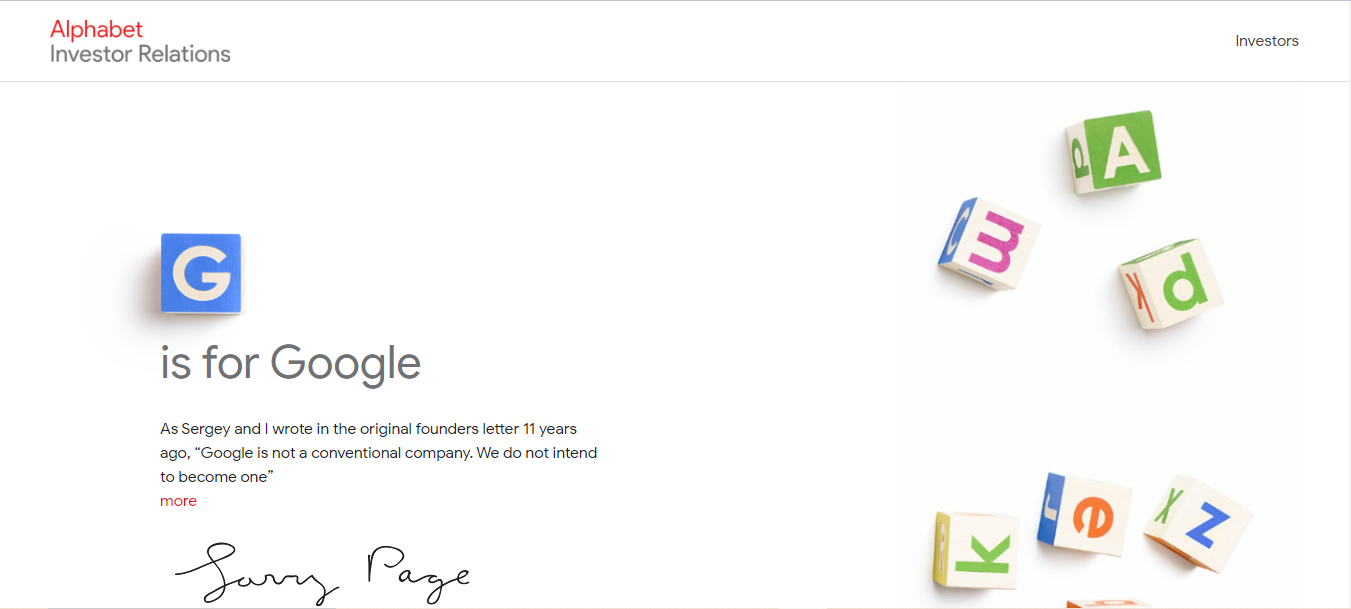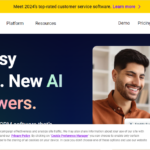Almost a year ago, Alphabet’s growth stage venture arm, CapitalG, named partner Laela Sturdy as its new head, just as the unit’s founder, David Lawee, stepped down.
Few were surprised Sturdy was promoted to the post. She joined Google in 2007 in a marketing role, was pulled into a number of departments in the following years, and when CapitalG was launched in 2013, she was recruited by Lawlee, who told CNBC in 2021, “I kind of made it a point to know who all the stars were inside of Google, and Laela’s name came up a lot.”
Of course, for many investors, the last year has been among the toughest in their career. We wondered if the same is true for Sturdy, a former college basketball star who is quick to note that 60% of her team comes from diverse or underrepresented backgrounds. To find out more, we reached her earlier this week at CapitalG’s bright, airy office in San Francisco’s Ferry Building; excerpts of our chat are edited lightly for length and clarity below.
Belated congratulations on taking over the helm. How does your management style differ from that of your predecessor, David?
I’m still leading investments and still on a bunch of boards, but I’ve loved being able to also put increasing attention on the team and figure out how we can continue to build out the firm. There’s [now] many more incredible investors that we have at CapitalG.
You have around 50 people on your team; how many of these are investors versus otherwise?
Our model is to find ways that Google and Alphabet can help our portfolio companies, so not only the individuals on this team, but to give you an idea [of what I mean], over the last couple of years, we’ve had over 3500 different senior advisors inside of Alphabet help partner with our portfolio companies [to help with] pricing analysis, scaling infrastructure, marketing and setting up sales incentives. There are all these different technical and business questions that come up for growth-stage companies, which is where we specialize.
Access to 3500 different senior advisors! How does that work?
An example is over the last couple of years, we’ve partnered with the Google training team who does AI and ML training for Google engineers. We said ‘Hey, this training is really effective and gets really high ratings internally.’ And we have a lot of our portfolio companies asking us, ‘How can we up level the talent of our engineering and our organizations and get them ready to fully take advantage of the trends in AI?’ So we partnered with the training team and got our portfolio companies access to the exact same training, and we’ve now had hundreds of engineers inside our portfolio go through that training. I worked at Google for a long time before I came to CapitalG, and one of the amazing things about the culture of Google from the beginning is a real culture of knowledge sharing.
The market for AI talent is so competitive. What can you tell portfolio companies that might feel nervous about the information that’s going into and out of Alphabet through you?
Everything is opt-in from the portfolio companies’ standpoint. We don’t share anything; we operate totally separately. We don’t share any portfolio company data with Alphabet and we don’t share any Alphabet data back to the portfolio companies. We exist as the intermediary to find win-wins where they exist.
As an example, [Google Cloud] has been an incredible go-to-market partner [and] all the other cloud providers are also important and great partners, so we don’t push anything on anyone. We help facilitate the right introductions and marketing partnerships and product discussions where it’s relevant.
How are decisions made inside CapitalG? Do you have final say over who sees a check?
We have an investment committee [composed of] myself and three other general partners who are really incredible investors. For example, my partner Gene Frantz, who I’ve been working with for the last 10 years – since almost the beginning of CapitalG – is a longtime investor who was at TPG and other places before [joining the outfit]. So we’ve built a GP bench that’s really strong, and these GPs bring deals to our investment committee, and we make the decision as a committee.
How many bets per year are you making? And what size checks are you writing?
We typically invest between $50 million and $200 million in each company. We’re very thesis driven, so we spend a lot of time going deep on sectors . . and we’re investing in about seven or eight new companies a year and then typically [many] more follow-on [rounds] for our existing portfolio.
How much of a company do you aim to own?
We’re flexible on ownership percentage. What we’re thinking about is our money-on-money returns in these companies. For example, I led the Series D round in Stripe back in 2017. I think that was a $9 billion valuation. [We closed] a recent AI investment that was on the earlier side – it had a sub $500 million valuation – so we’re very focused on the market, how much we think the business is differentiated, and whether we can invest a significant amount of capital to scale.
What are your cash-on-cash returns?
We don’t share those publicly. We don’t share any of the returns publicly.



